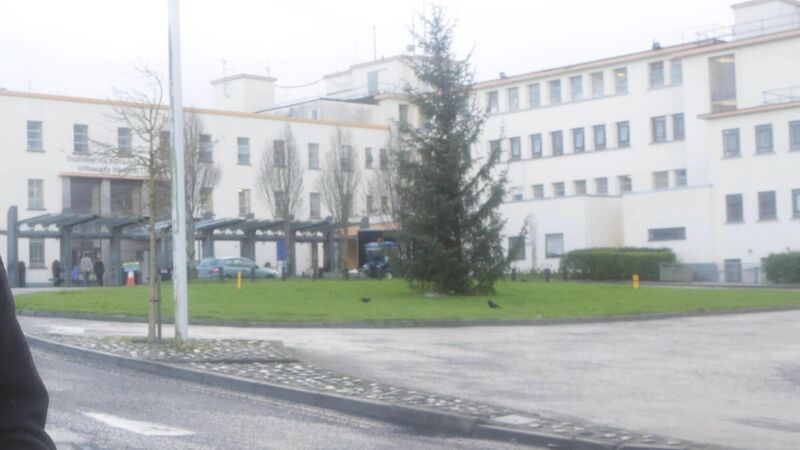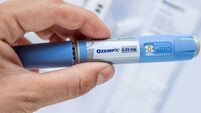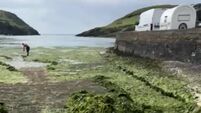New antibiotic-resistant bacteria found in Limerick hospital

The new species of bacteria, which is capable of colonising patients in a hospital setting, was identified at University Hospital Limerick.
Researchers at the University of Limerick (UL) have discovered a new species of antibiotic-resistant bacteria in the wastewater system of University Hospital Limerick, one of the country's busiest hospitals.
The new species of bacteria, which is capable of colonising patients in a hospital setting, was also identified from swabs taken from a patient admitted to one of the hospital’s wards.
















